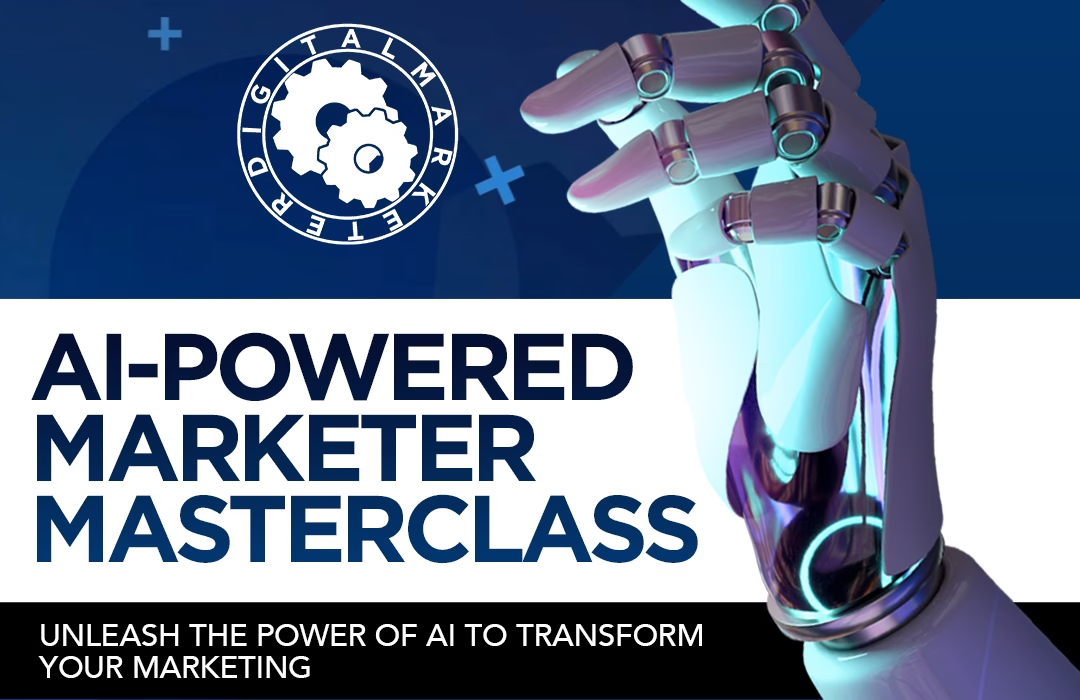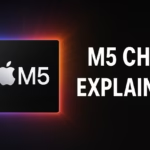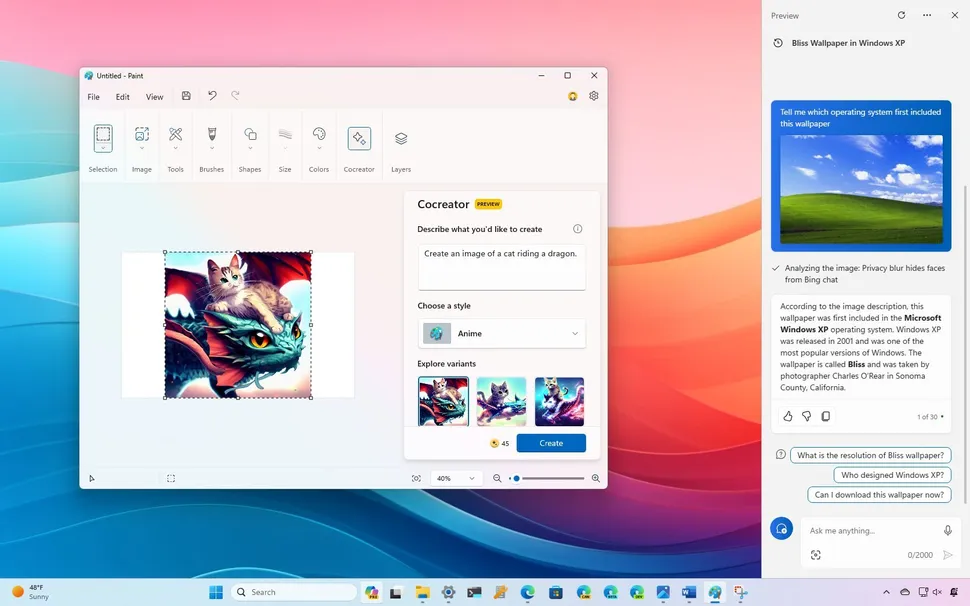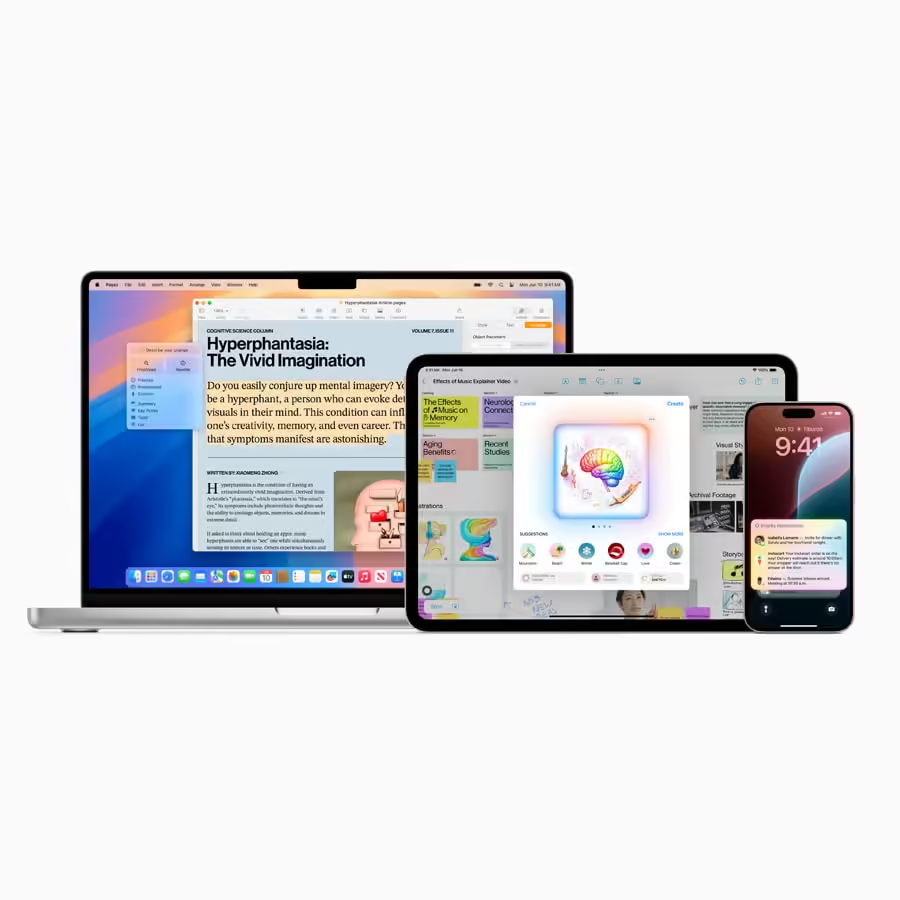“`html
Introduction: The Unstoppable Rise of AI Content Creation
Estimated reading time: 12 minutes
Key Takeaways
- The demand for consistent, high-quality content is immense, posing significant challenges for marketers.
- AI content creation is a revolutionary force addressing these content demands at scale.
- Generative AI, a sophisticated technology, is the engine behind these advanced capabilities.
- AI-powered content creation enables faster, scalable, and more personalized content production, freeing up marketers for strategic tasks.
- This technology is transforming content marketing tools and modern AI in marketing strategies.
Table of contents
- Introduction: The Unstoppable Rise of AI Content Creation
- Key Takeaways
- Demystifying AI Content Creation: The Core Concepts
- The Indispensable Role of AI Writing Assistants
- Harnessing Generative AI Across Your Content Spectrum
- The Transformative Impact of AI in Marketing
- Navigating the Landscape of AI Content Marketing Tools
- Unlocking the Benefits of AI Content Creation
- Mastering AI Content Creation: Essential Best Practices
- The Horizon of AI Content Creation in Marketing
- Final Thoughts: Embrace the AI-Powered Content Revolution
- Frequently Asked Questions
In today’s fast-paced digital landscape, marketers are under immense pressure to consistently produce high-quality content across a multitude of platforms. The demand for fresh, engaging, and relevant material is relentless, yet scaling content creation to meet this need can feel like an insurmountable challenge. This is where the revolutionary force of AI content creation enters the scene. Fueled by the sophisticated capabilities of generative AI, this technology is not just an auxiliary tool; it’s a paradigm shift. This blog post aims to provide an in-depth understanding of AI content creation, its transformative impact on content marketing tools, and its integral role in modern AI in marketing strategies. By leveraging generative AI and advanced writing assistants, AI-powered content creation is revolutionizing marketing, enabling faster, more scalable, and increasingly personalized content production, thereby freeing marketers to focus on higher-level strategy and creativity. (Sources: WitGroup Agency, Sprinklr, Harvard DCE)
Demystifying AI Content Creation: The Core Concepts
At its heart, AI content creation refers to the process where artificial intelligence, particularly large language models and advanced generative AI, is employed to produce written content with minimal human intervention. (Source: Harvard DCE)
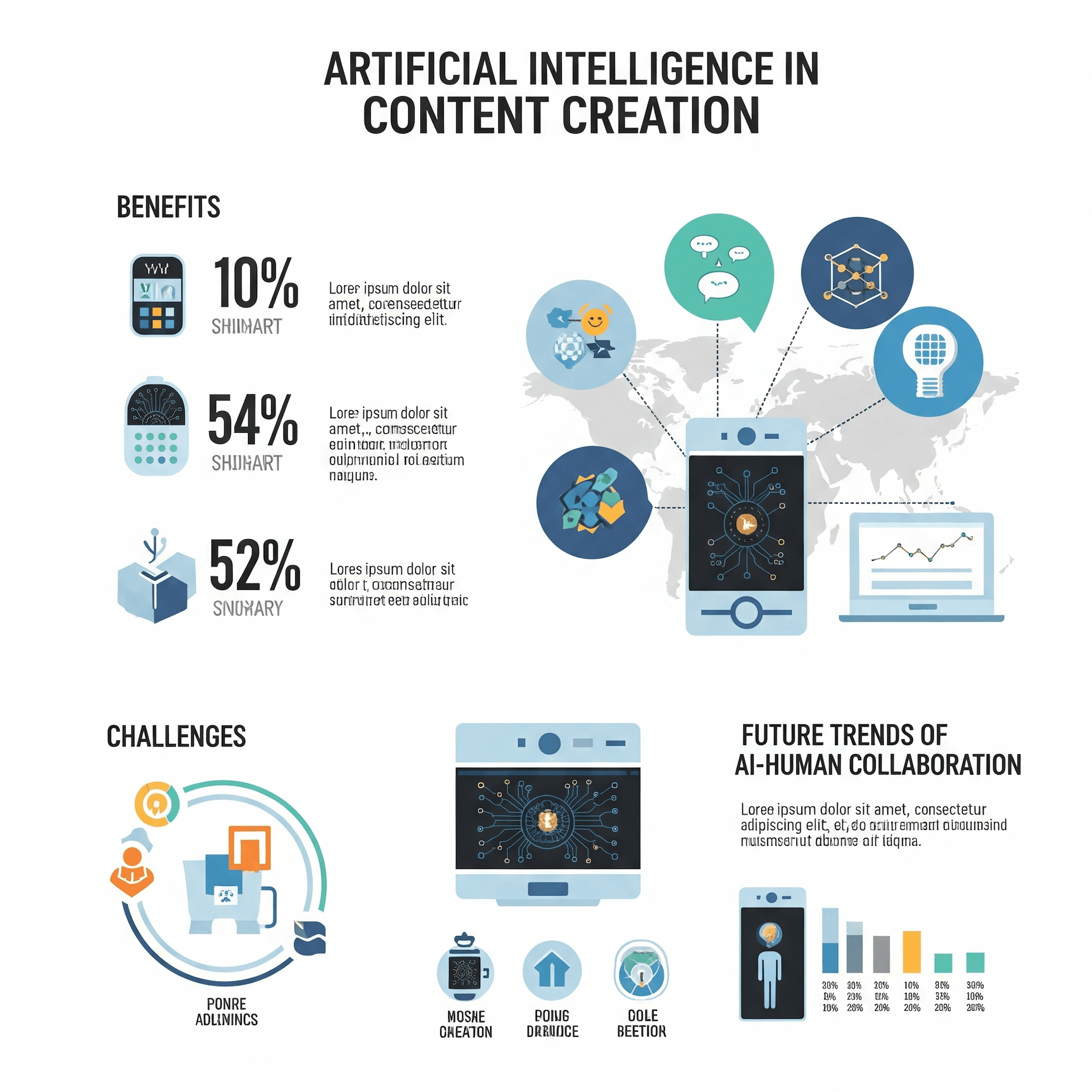
The engine driving this capability is generative AI. These sophisticated models analyze vast datasets of text and information to generate novel outputs. They achieve this through advanced machine learning techniques and natural language generation (NLG), enabling them to understand context, mimic writing styles, and produce coherent and contextually relevant text. (Sources: Sprinklr, Harvard DCE)
This stands in stark contrast to traditional content creation methods, which are often manual, time-consuming, and resource-intensive. AI systems automate critical aspects of the content lifecycle, including drafting initial content, generating creative ideas, performing edits for grammar and style, and even optimizing content for search engines and audience engagement. (Source: Sprinklr)
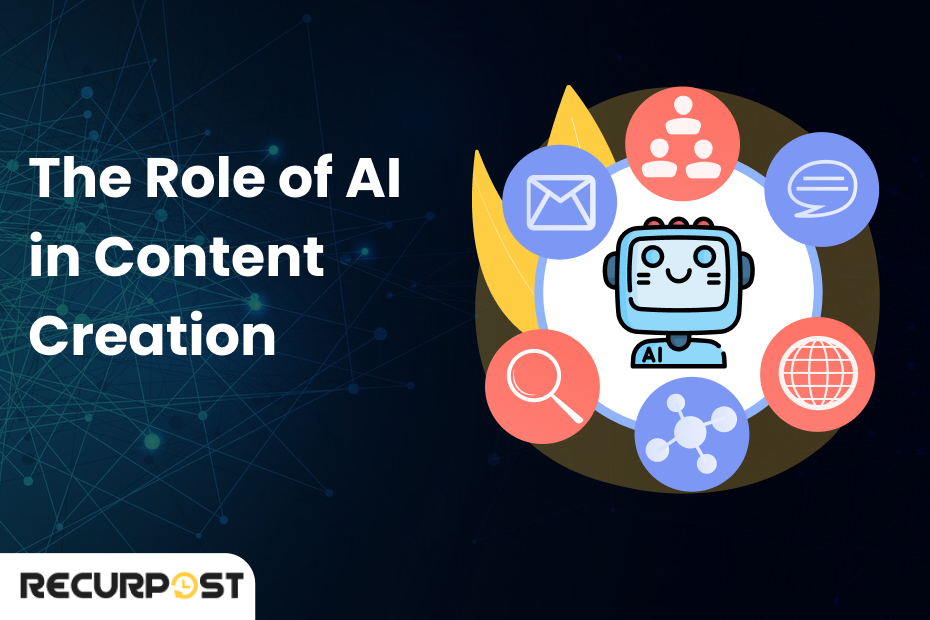
The rapid advancement in AI technology means that generative AI models are now capable of producing content that is nearly indistinguishable from human writing. This marks a new era of human-AI collaboration, where AI acts as a powerful assistant, augmenting human creativity and efficiency rather than replacing it entirely. (Source: WitGroup Agency)
The Indispensable Role of AI Writing Assistants
AI writing assistants are specialized tools that harness the power of generative AI to support and enhance the content creation process. Their functionalities are diverse and crucial for modern content marketers.
These assistants excel at:
- Generating Ideas: They can brainstorm topics, headlines, and angles, effectively combating writer’s block and providing fresh perspectives.
- Producing Automated First Drafts: Given a prompt or outline, AI can generate initial drafts of articles, blog posts, or other content formats, significantly reducing the time spent on the initial writing phase.
- Providing Grammar and Stylistic Edits: Beyond basic spell-checking, these tools offer sophisticated suggestions for improving sentence structure, tone, clarity, and overall readability.
- Repurposing Long-Form Content: AI can take existing content, such as a lengthy blog post or report, and transform it into various shorter formats suitable for social media, email newsletters, or ad copy.
- Generating Marketing Copy: They can craft compelling product descriptions, ad headlines, social media posts, and email subject lines, optimized for engagement and conversion.

The benefits of integrating these tools into a marketing workflow are substantial. Firstly, they directly combat the pervasive issue of writer’s block, providing a constant stream of ideas and starting points. Secondly, they ensure a higher degree of content consistency in terms of tone, style, and messaging across all outputs, which is vital for brand building. Most importantly, these assistants significantly boost productivity. By automating time-consuming tasks like drafting and editing, they free up marketers to concentrate on higher-impact strategic activities, such as campaign planning, audience analysis, and creative conceptualization. (Sources: WitGroup Agency, The Business Legacy)
Harnessing Generative AI Across Your Content Spectrum
The applications of generative AI in content creation are incredibly broad, touching almost every facet of a marketing team’s responsibilities. Its versatility allows it to be applied across a wide spectrum of content needs:
Blog Posts and Long-Form Articles: AI excels at generating detailed outlines, drafting specific sections, or even producing entire articles based on provided topics and keywords. This dramatically speeds up the process of content publishing, allowing for more frequent and in-depth content. (Sources: WitGroup Agency, Sprinklr)

Social Media Copy: Crafting engaging and platform-appropriate social media updates can be time-consuming. Generative AI can produce a variety of posts, captions, and hashtags tailored for platforms like Twitter, Facebook, Instagram, and LinkedIn, ensuring a consistent and active social presence. (Sources: WitGroup Agency, Harvard DCE)
Product Descriptions: For e-commerce businesses, generating compelling, accurate, and SEO-optimized product descriptions is crucial. AI can create persuasive copy that highlights key features and benefits, driving customer interest and sales. (Source: SmartCore Digital)
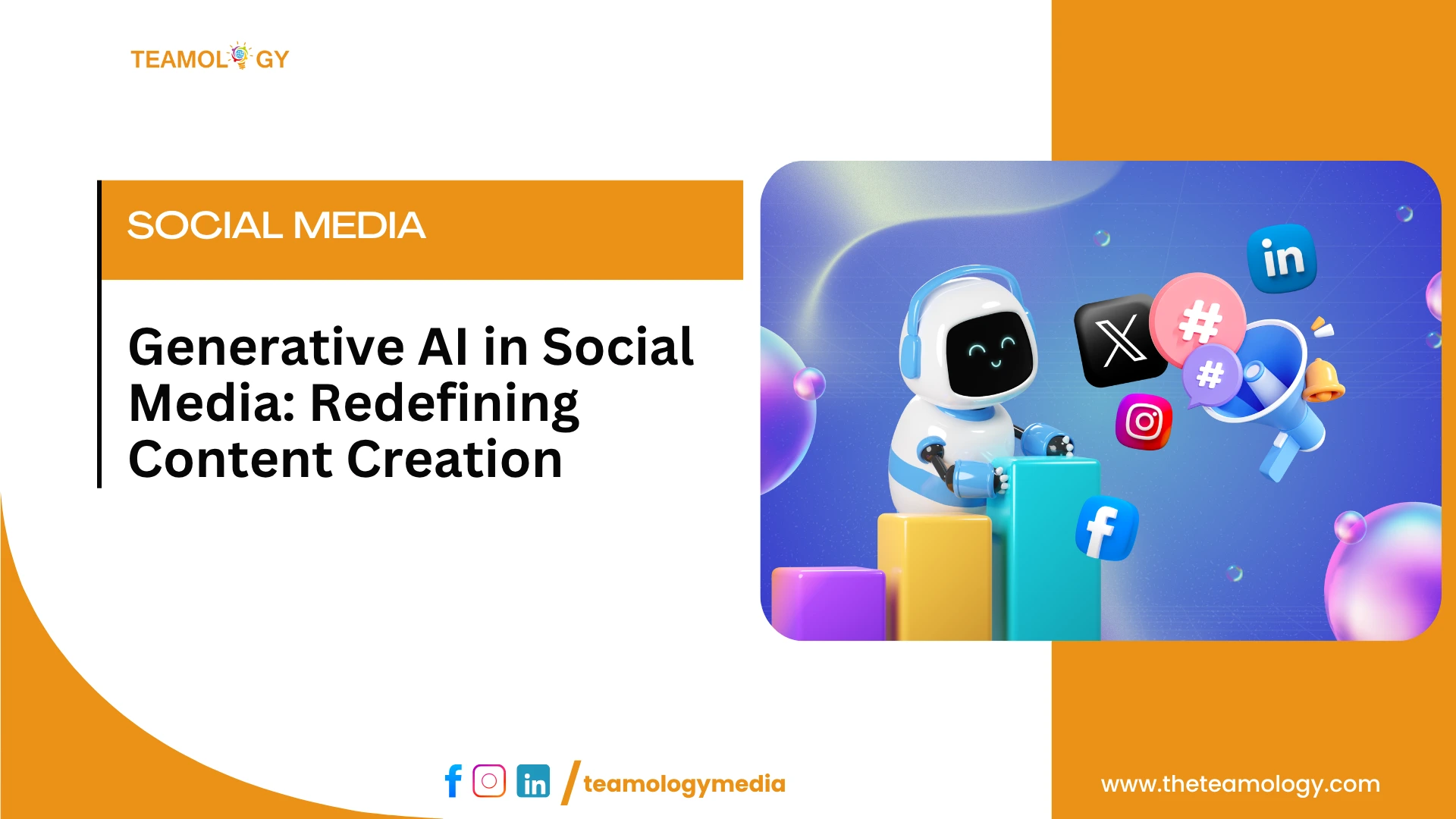
Email Marketing: Personalization is key in email marketing. AI can help draft personalized email campaigns, craft attention-grabbing subject lines, and write engaging body copy that resonates with specific audience segments, thereby improving open rates and conversion. (Sources: WitGroup Agency, Sprinklr)
Ad Creatives: Developing effective ad copy for various platforms requires testing different variations. Generative AI can quickly produce numerous versions of ad copy, headlines, and calls-to-action, facilitating A/B testing and campaign optimization for better performance. (Source: SFGate Marketing)
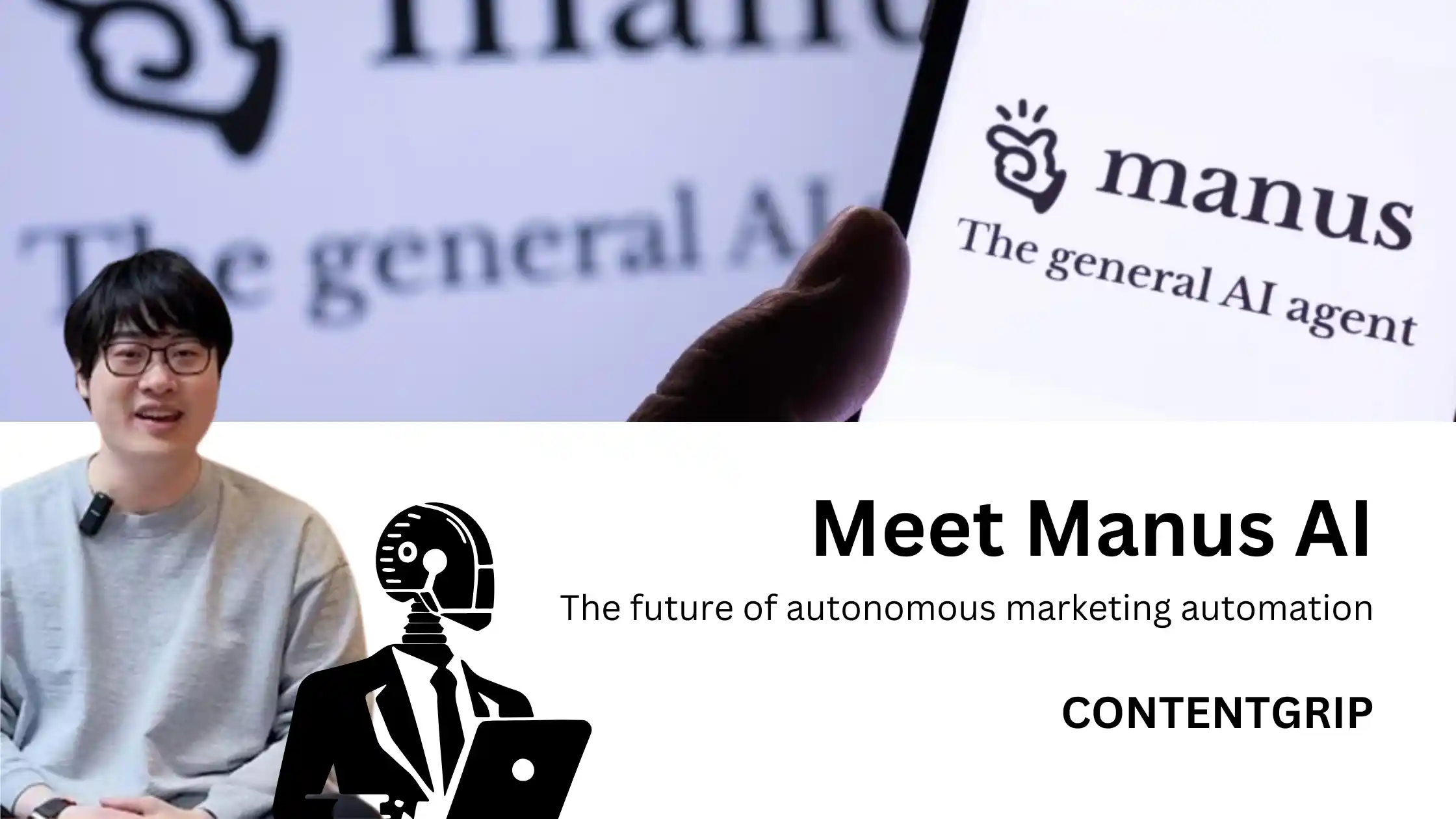
The Transformative Impact of AI in Marketing
The influence of AI in marketing extends far beyond just content creation. AI-driven content generation is not an isolated function but rather an integral component that seamlessly integrates with and enhances broader marketing strategies.
One of the most profound impacts is in the realm of personalization and segmentation. AI systems have the remarkable ability to analyze vast amounts of behavioral, demographic, and transactional data in real time. This analysis allows marketers to understand their audience at an unprecedented granular level, enabling the delivery of highly personalized customer experiences and the precise segmentation of audiences for targeted campaigns. (Sources: Sprinklr, Harvard DCE, McKinsey)

Furthermore, AI is paving the way for the creation of predictive content. This involves using AI to anticipate customer needs, interests, and potential pain points before they even arise. By generating content that proactively addresses these anticipated needs, businesses can deepen customer engagement, foster loyalty, and significantly improve customer retention rates. (Source: Sprinklr)
Navigating the Landscape of AI Content Marketing Tools
With the proliferation of AI tools, selecting the right content marketing tools powered by AI is crucial for maximizing their effectiveness. Several key criteria should guide this selection process:
Natural Language Generation (NLG) Quality: The primary function of these tools is to generate text. It’s essential to assess the coherence, creativity, accuracy, and fluency of the output. Does the AI produce content that is grammatically correct, contextually appropriate, and engaging?
Integration Capabilities: For a tool to be truly valuable, it needs to fit into your existing marketing ecosystem. Assess whether the AI tool can seamlessly integrate with your Content Management System (CMS), Customer Relationship Management (CRM) platforms, analytics tools, and other essential marketing stacks.
Personalization and Segmentation Features: The power of AI in marketing lies in personalization. Look for tools that offer robust features for tailoring content to specific audience segments based on data analysis and user behavior.
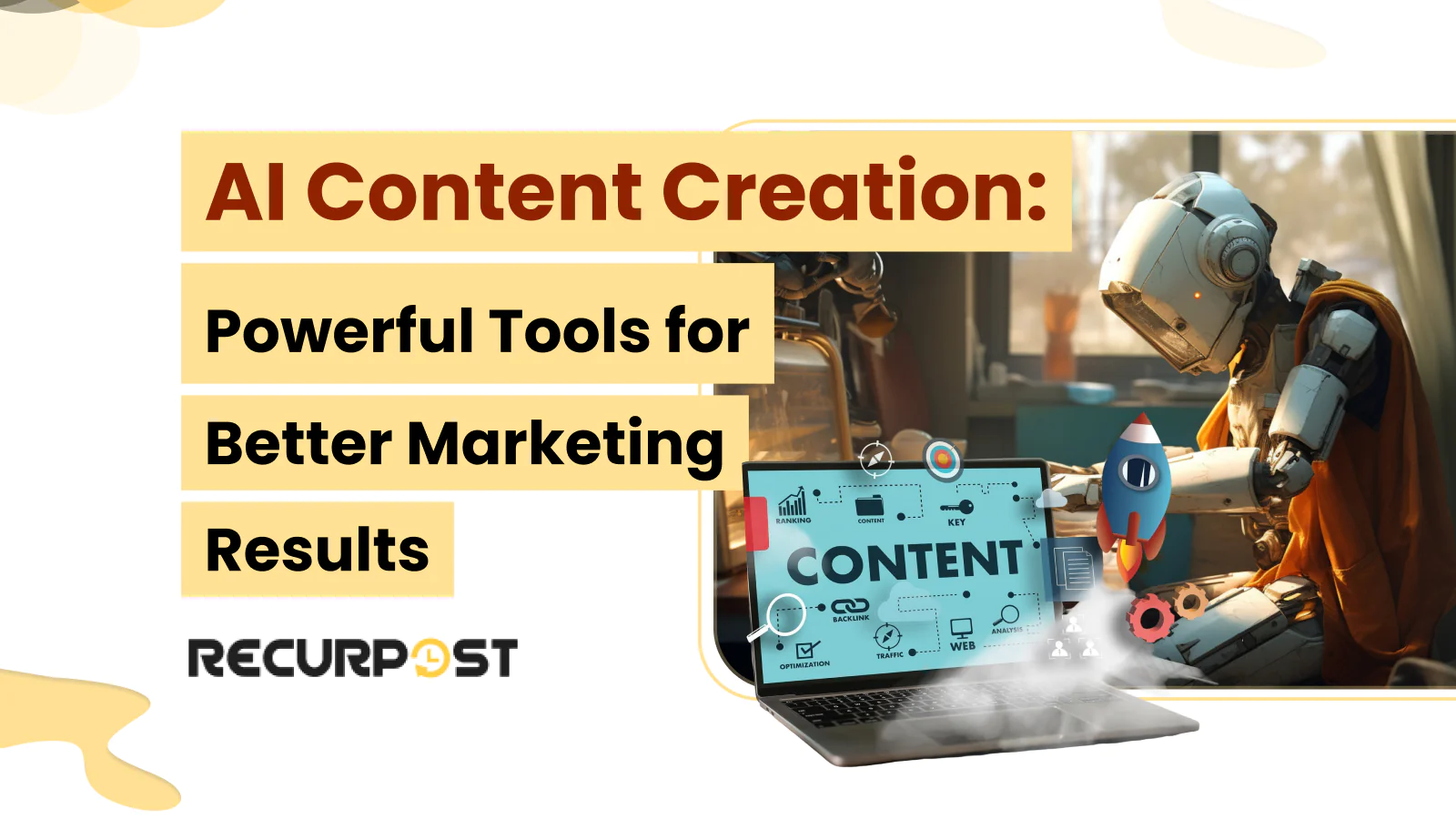
Cost, Scalability, User Interface, and Support: Practical considerations are vital for long-term adoption. Evaluate the pricing models to ensure they fit your budget, assess the tool’s ability to scale with your growing needs, consider the ease of use of the user interface, and check the quality and responsiveness of customer support. (Sources: WitGroup Agency, Sprinklr, Harvard DCE, The Business Legacy)
Some of the most prominent and widely used content marketing tools leveraging AI include:
- ChatGPT (powered by GPT-4)
- Jasper
- Copy.ai
- Writesonic
- Surfer AI
- Sprinklr Insights

(Sources: Sprinklr, WitGroup Agency)
Unlocking the Benefits of AI Content Creation
The adoption of AI in content creation unlocks a multitude of advantages that can significantly elevate a marketing team’s performance and efficiency:
Efficiency and Speed: AI dramatically accelerates content production cycles. From generating initial drafts and brainstorming ideas to refining content and repurposing it for different channels, AI streamlines the entire workflow, leading to faster turnaround times. (Sources: WitGroup Agency, Sprinklr)

Scalability: Businesses can generate large volumes of content consistently and efficiently with AI. This capability allows marketing teams to manage multiple campaigns simultaneously, adapt quickly to evolving market demands, and maintain a robust online presence without proportionally increasing human resources. (Source: WitGroup Agency)
Cost-Effectiveness: By automating many of the time-consuming and repetitive tasks involved in content creation, AI reduces the reliance on extensive manual labor. This can lead to significant cost savings in content creation budgets, allowing resources to be reallocated to other strategic initiatives. (Sources: Sprinklr, WitGroup Agency)
Improved Quality and Consistency: AI tools can be programmed to adhere to specific brand guidelines, maintaining a consistent tone of voice and style across all content pieces. They also excel at refining grammar, spelling, and sentence structure, contributing to a higher overall quality of content and ensuring adherence to stylistic standards. (Sources: WitGroup Agency, SmartCore Digital)
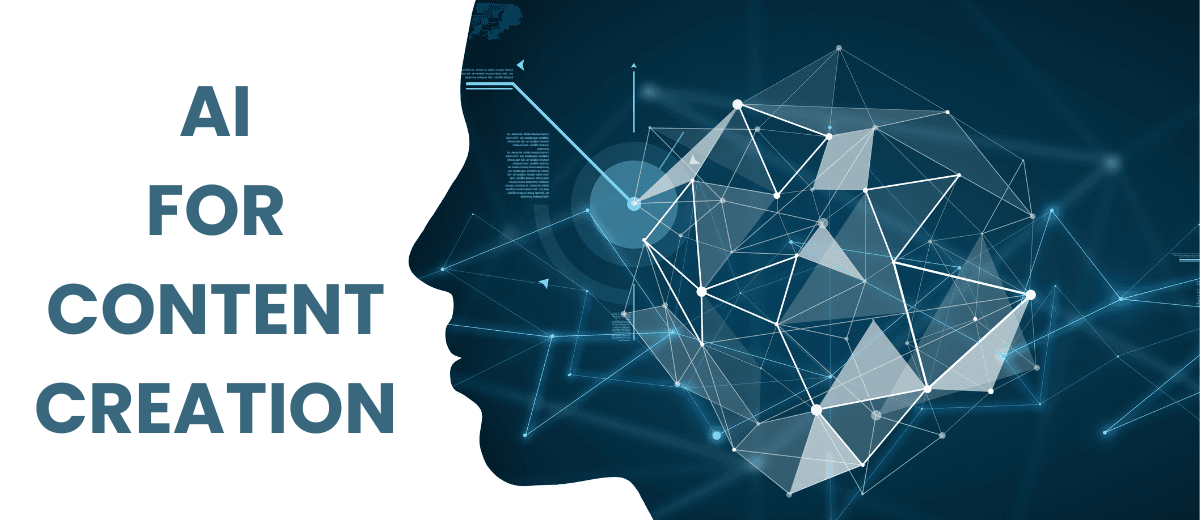
Data-Driven Insights: Many AI content creation tools offer real-time performance analysis and provide suggestions for content optimization. This allows marketers to make data-informed decisions, refine their strategies based on audience engagement, and continuously improve content effectiveness. (Source: Sprinklr)
Mastering AI Content Creation: Essential Best Practices
While AI offers powerful capabilities, its effective use in content creation hinges on adhering to certain best practices:
Emphasize Human Oversight: It is absolutely critical to maintain human review of all AI-generated content. Humans are essential for ensuring accuracy, maintaining brand voice and alignment, verifying factual information, checking for ethical compliance, and guaranteeing the overall quality and nuance that AI might miss. (Source: Harvard DCE)

Address Plagiarism and Accuracy: AI models learn from vast datasets, and there’s a risk of unintentional plagiarism or generating inaccurate information. Always fact-check AI outputs rigorously and utilize plagiarism detection tools to mitigate these risks and ensure originality and truthfulness.
Advocate for Clear Prompts and Strategy: The quality of AI output is directly proportional to the quality of the input. Providing precise, detailed prompts, clear instructions, and a well-defined content strategy to AI tools is paramount for generating relevant, effective, and on-brand content. The more specific your guidance, the better the results.
Reinforce AI as a Tool: It’s vital to remember and communicate that AI is a powerful asset designed to augment human capabilities, not replace them. AI excels at tasks like drafting, data analysis, and pattern recognition, but human creativity, critical thinking, emotional intelligence, and strategic direction remain indispensable for truly impactful marketing.
(Sources: WitGroup Agency, Harvard DCE)
The Horizon of AI Content Creation in Marketing
The trajectory of AI in content creation is rapidly advancing, promising even more sophisticated capabilities in the near future. We can anticipate greater sophistication in real-time personalization, where content dynamically adapts to individual user interactions and preferences. Dynamic content adaptation, where content changes on the fly based on user context or behavior, will become more commonplace. Furthermore, AI will likely see deeper integration with advanced data analytics, enabling more predictive and prescriptive marketing strategies.

As AI capabilities grow, so too will the expectations for evolving standards. There’s an increasing focus on transparency in AI-generated content, with clearer labeling and disclosure becoming more important. Ethical AI deployment will be a central theme, emphasizing fairness, accountability, and the responsible use of AI technologies. We also expect enhanced capabilities for rapid iteration and refinement of marketing strategies, driven by AI’s ability to process feedback loops and suggest immediate adjustments.
The impact of AI on the volume of online content is projected to be immense. Estimates suggest that AI could be responsible for generating a significant portion of all online content, with some projections indicating up to 90% of all online content by 2025. This underscores the imperative for businesses to understand and integrate AI into their content strategies to remain competitive. (Source: Seedblink)
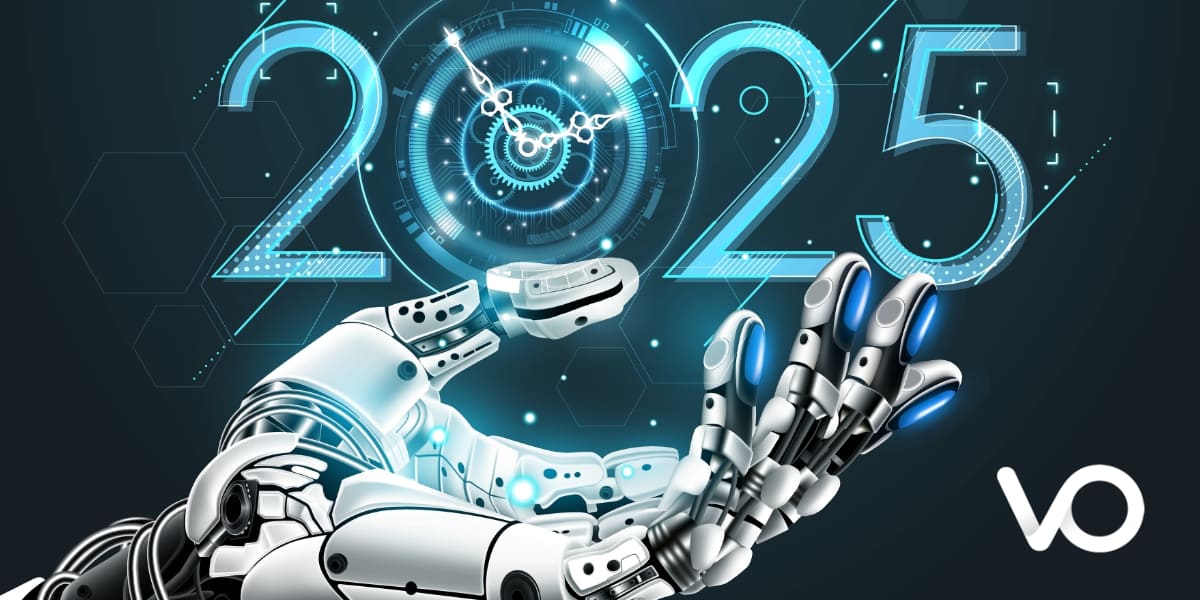
(Sources: Harvard DCE, SmartCore Digital, Sprinklr)
Final Thoughts: Embrace the AI-Powered Content Revolution
In summary, AI content creation represents a profound shift in how we approach marketing. The utility of sophisticated AI writing assistants, powered by the formidable capabilities of generative AI, positions these technologies as indispensable content marketing tools for modern businesses. They offer unprecedented speed, the ability to personalize at scale, and deliver strategic insights that are fundamentally reshaping marketing operations. (Sources: WitGroup Agency, Sprinklr, Harvard DCE)
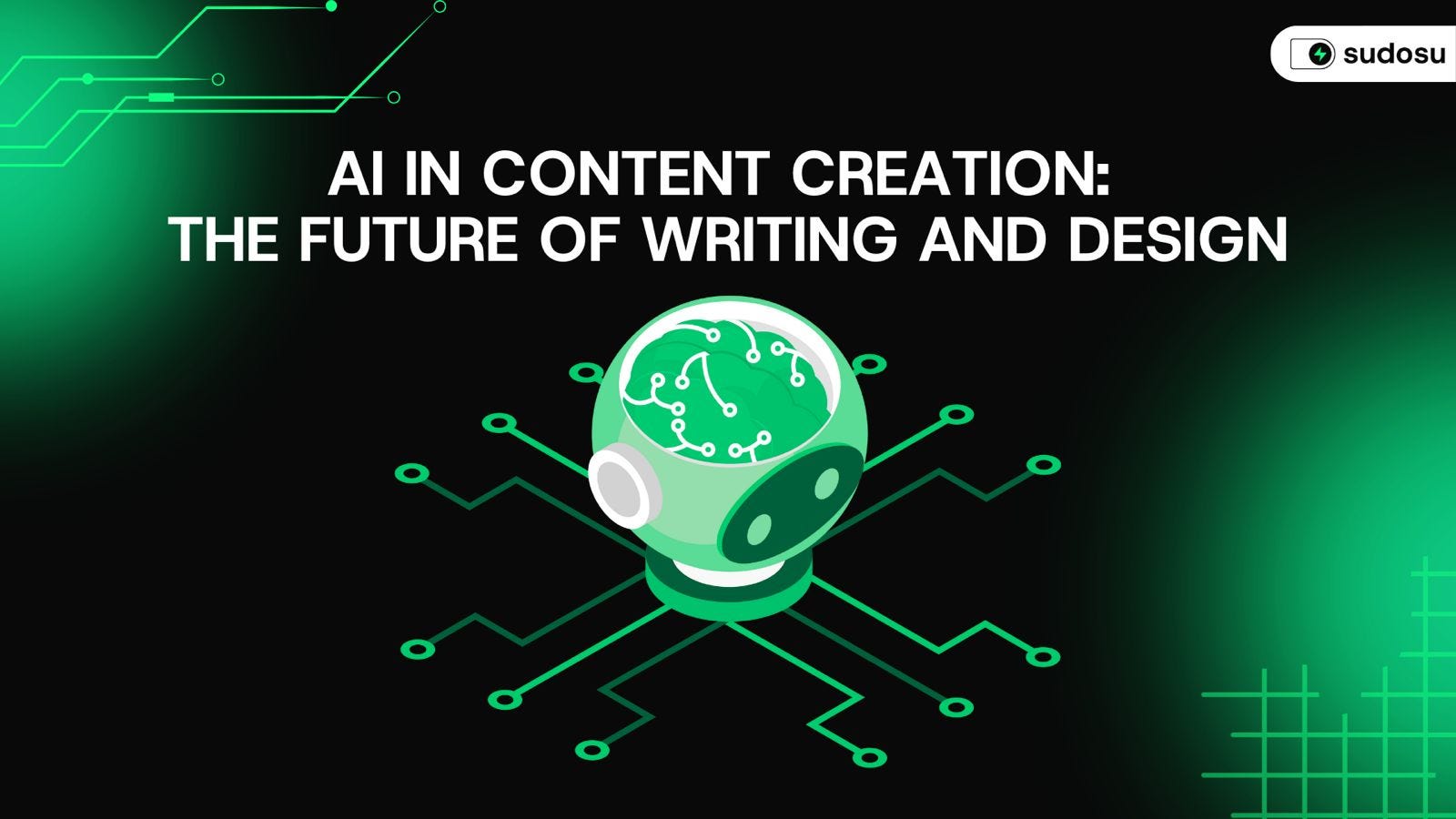
AI-powered AI in marketing provides a clear value proposition: enhanced efficiency, deeper customer engagement through personalization, and the ability to derive actionable strategic insights. Embracing these advancements is no longer an option but a necessity for staying competitive in the evolving digital landscape.
We strongly encourage you to actively explore and experiment with AI content creation and AI writing assistants. By integrating these tools thoughtfully into your workflow, you can unlock new levels of efficiency, ignite creativity, and gain a significant strategic advantage in your marketing endeavors.
Frequently Asked Questions
1. What exactly is AI content creation?
AI content creation is the use of artificial intelligence, particularly generative AI and large language models, to produce written content with minimal human input. This can range from drafting articles and social media posts to generating product descriptions and email copy.
&imwidth=800&imheight=600&format=webp&quality=medium)
2. How does generative AI create content?
Generative AI models are trained on massive datasets of text and code. They learn patterns, grammar, style, and factual information from this data. When given a prompt, they use this learned knowledge to generate new, original text that is contextually relevant to the prompt.
3. Can AI replace human content creators?
While AI can automate many aspects of content creation, it is generally seen as a tool to augment, not replace, human creativity and strategic thinking. Human oversight is crucial for ensuring accuracy, brand voice, ethical considerations, and the nuanced understanding that AI often lacks. The future likely involves collaboration between humans and AI.
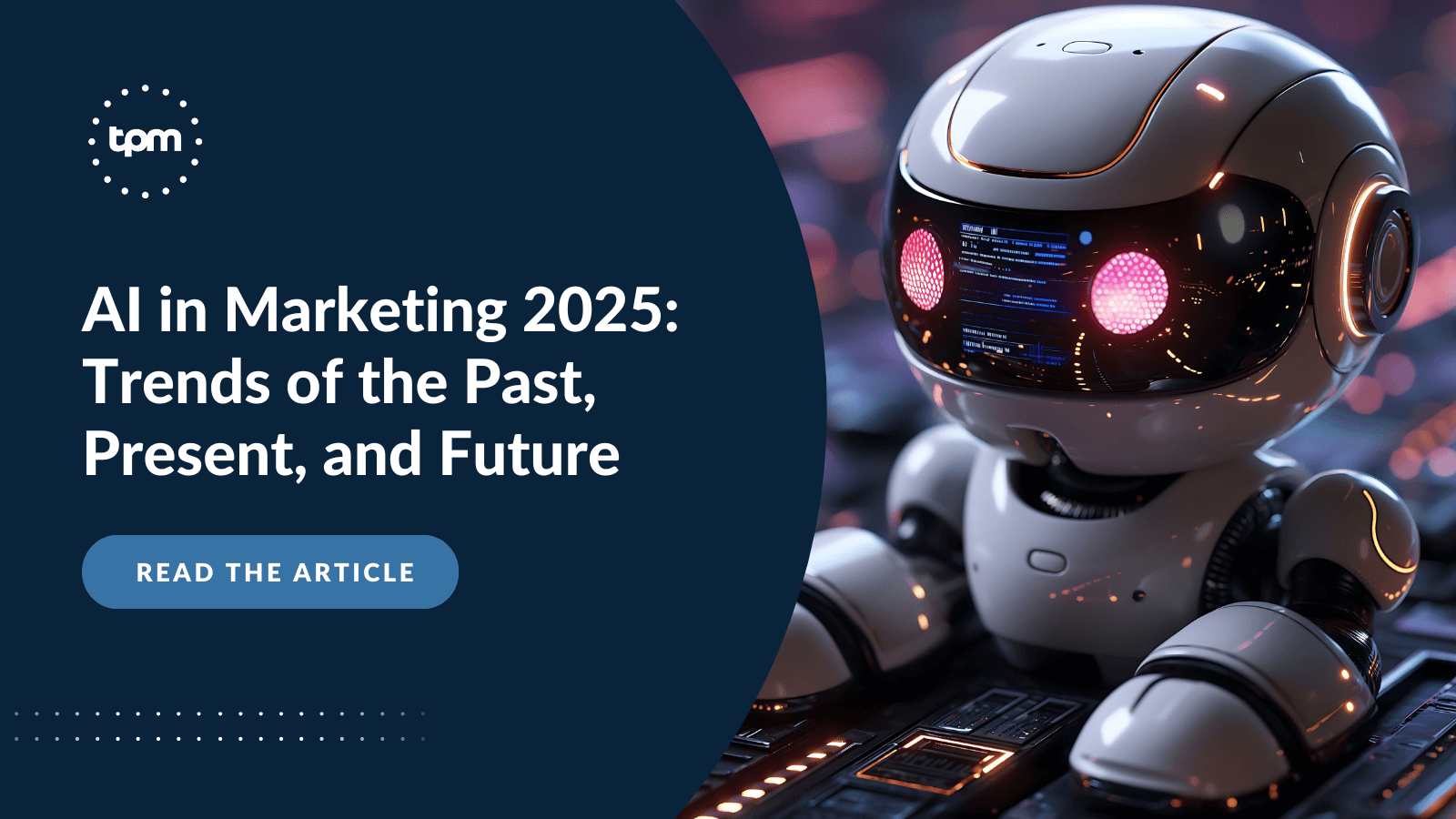
4. What are the main benefits of using AI for content marketing?
The key benefits include increased efficiency and speed in content production, the ability to scale content creation efforts, cost-effectiveness by reducing manual labor, improved quality and consistency through AI-driven edits, and the generation of data-driven insights for optimization.
5. Is AI-generated content always original and accurate?
AI-generated content is typically original in that it’s newly produced text. However, accuracy can vary, and AI can sometimes produce incorrect or outdated information, which is why human fact-checking is essential. While models aim for originality, there’s a small risk of unintentional plagiarism if the training data contained specific phrases that are replicated directly.

6. Which are some popular AI content creation tools?
Popular tools include ChatGPT (GPT-4), Jasper, Copy.ai, Writesonic, Surfer AI, and Sprinklr Insights, among many others that are continually emerging in the market.
7. How can I ensure my AI-generated content aligns with my brand voice?
You can achieve this by providing clear guidelines and examples of your brand’s tone and style in your prompts to the AI. Many AI tools also allow you to set custom brand parameters or input specific style guides. Human review and editing remain critical to fine-tune the output to match your exact brand voice.
8. What are the ethical considerations when using AI for content creation?
Ethical considerations include transparency about the use of AI, avoiding the generation of misleading or harmful content, ensuring data privacy if personal data is used for personalization, and being mindful of potential biases within AI models that could inadvertently be reflected in the content.
9. How can AI help with content personalization?
AI can analyze user data (behavioral, demographic, etc.) to understand individual preferences and segment audiences. It can then generate or adapt content in real-time to make it highly relevant to each specific user or audience segment, leading to more effective engagement.
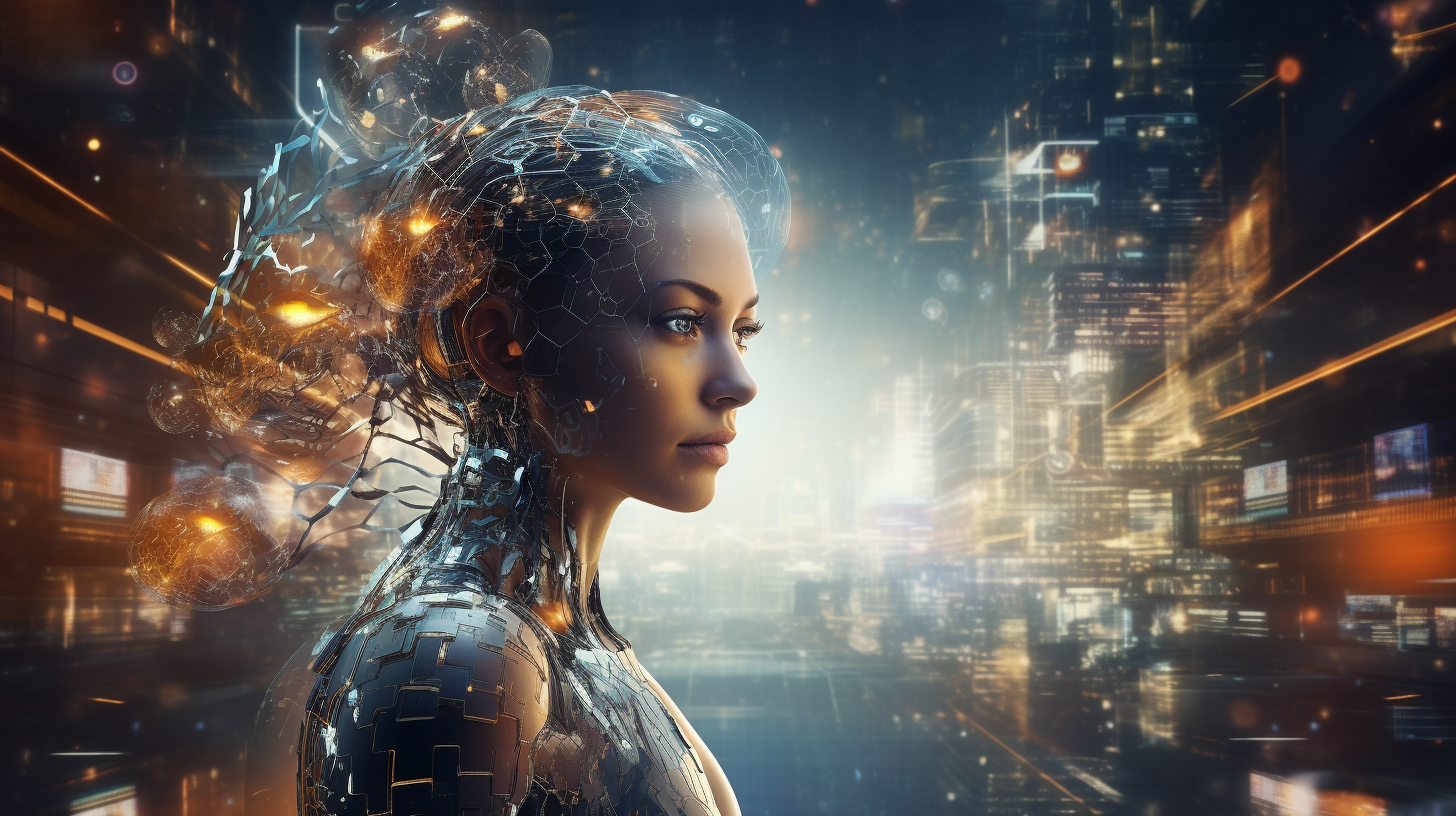
10. What is “predictive content” in the context of AI?
Predictive content is content generated by AI that anticipates a user’s needs or interests before they explicitly express them. By analyzing patterns and trends, AI can create content that proactively addresses potential questions or offers solutions, thereby enhancing customer engagement and loyalty.
“`


